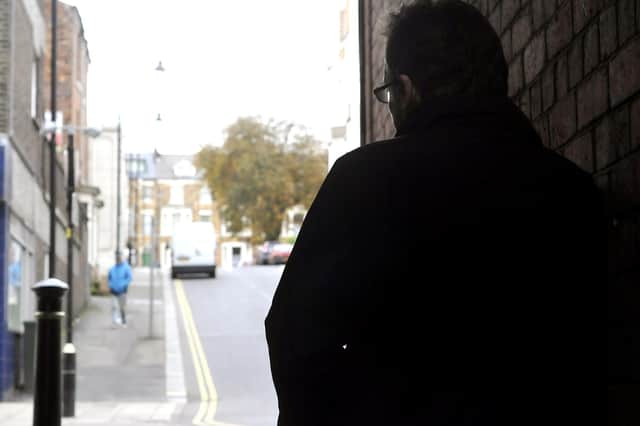Scarborough facing an ‘unprecedented’ demand for temporary accommodation for the homeless


Scarborough Council has said it is facing “unprecedented” demand for temporary accommodation amid estimates that it will face additional costs of up to half a million pounds.
According to the authority, part of the pressure is due to the Government’s “everyone in” initiative which it says has led to the council incurring “a high level of additional costs” associated with increased demand for temporary accommodation as well as the “provision of accommodation for rough sleepers”.
Advertisement
Hide AdAdvertisement
Hide AdThe situation has been further exacerbated by the lack of housing provision the authority is able to provide.
A financial report prepared for a meeting of the council’s cabinet on Tuesday December 13, states: “The council does not have a sufficient pool of housing association-owned temporary accommodation to meet demand and is therefore heavily reliant on utilising B&B and hotel placements to meet its duties.
“Projections show additional costs against budget of £560,000 throughout 2022/23.”
In July a report by Scarborough Council revealed that landlords in the borough have been evicting tenants in order to use their properties as Airbnb holiday lets. At the time, at least 89 households were living in “all types of temporary accommodation” while 33 households were living in B&B temporary accommodation.
Advertisement
Hide AdAdvertisement
Hide AdA recent inquiry into the effects of the cost of living crisis on local households also raised serious concerns that rising housing costs will lead to an increase in homelessness.
According to the financial report presented to the cabinet, the council’s financial reserve for the homelessness budget currently stands at £563,000 and “therefore is anticipated to be sufficient to meet the projected in-year additional costs”.
Council officers are working with colleagues at North Yorkshire Council with regard to the “ongoing budgetary issues and the demands of the service”, the report states.